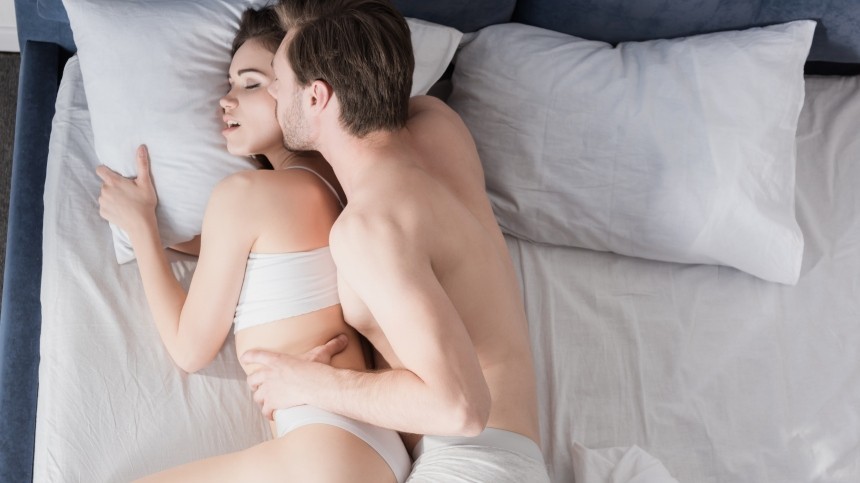The safety of the P-Shot in Riyadh, like any medical procedure, is paramount and is closely linked to the medical standards and regulatory environment of the Kingdom. While the P-Shot, utilizing platelet-rich plasma (PRP) derived from the patient's own blood, is generally considered a low-risk procedure, understanding the medical standards in Riyadh and the specific protocols of the clinics offering this treatment is essential for ensuring safety and efficacy.

Medical Standards and Regulations in Riyadh
Riyadh, as the capital of Saudi Arabia, adheres to the national healthcare standards and regulations set forth by the Saudi Ministry of Health (MOH) and the Saudi Food and Drug Authority (SFDA). These bodies are responsible for ensuring the quality and safety of medical practices and products within the Kingdom.
The Saudi Food and Drug Authority (SFDA) plays a crucial role in regulating cosmetic products and procedures, ensuring that they meet stringent safety and quality requirements before being available to the public. This includes:
- Product Registration and Approval: While the P-Shot utilizes a patient's own blood, the equipment and processing methods used to prepare the PRP may be subject to SFDA regulations.
- Facility Standards and Licensing: Clinics offering the P-Shot must adhere to the SFDA's standards for healthcare facilities, ensuring a safe and hygienic environment for procedures.
- Qualified Practitioners: The SFDA mandates that medical procedures are performed by licensed and qualified healthcare professionals. For the P-Shot, ideally, this would be a board-certified urologist or andrologist with specific training in PRP therapy.
The Ministry of Health (MOH) oversees the broader healthcare system, setting guidelines for medical practice and patient safety. Healthcare facilities in major cities like Riyadh are generally of a high standard, with qualified medical professionals.
Safety Aspects of the P-Shot
When performed correctly by a qualified practitioner, the P-Shot has a relatively favorable safety profile due to the use of autologous (patient's own) blood. This significantly reduces the risk of allergic reactions or immune responses. However, potential risks, as with any injection-based procedure, include:
- Local Reactions: Mild pain, swelling, bruising, and redness at the injection site are common but temporary side effects.
- Infection: Although rare when strict sterile techniques are followed, infection at the injection site is a potential risk.
- Nerve or Tissue Damage: Improper injection technique could theoretically lead to nerve or tissue damage, highlighting the importance of choosing an experienced practitioner.
- Bleeding: Some minor bleeding at the injection site is possible.
Ensuring a Safe P-Shot Experience in Riyadh
To ensure a safe and effective P-Shot experience in Riyadh, consider the following:
- Choose a Reputable Clinic: Select a well-established clinic with a strong reputation and positive patient reviews. Look for clinics that explicitly mention experienced doctors and adherence to high safety standards.
- Verify Practitioner Qualifications: Ensure that the doctor performing the P-Shot is a board-certified urologist or andrologist with specific training and experience in PRP therapy for sexual health. Don't hesitate to ask about their credentials and experience.
- Thorough Initial Consultation: A comprehensive consultation is crucial. The practitioner should review your medical history, discuss your goals, explain the procedure in detail, and address any concerns you may have. This is an opportunity to assess the clinic's professionalism and the doctor's expertise.
- Hygiene and Sterility: Observe the clinic's environment to ensure it adheres to high standards of hygiene and uses sterile equipment.
- Transparency About Protocols: Inquire about the clinic's PRP preparation methods and the injection techniques used.
- Follow Aftercare Instructions: Adhere strictly to the post-procedure instructions provided by the clinic to minimize the risk of complications and promote proper healing.
Conclusion
The P-Shot in Riyadh can be a safe procedure when performed by qualified and experienced medical professionals in clinics that adhere to high medical standards and safety protocols. The regulatory oversight by the SFDA and the MOH in Saudi Arabia contributes to maintaining these standards. However, individual patients play a crucial role in ensuring their safety by choosing reputable clinics, verifying practitioner qualifications, and actively engaging in the consultation process to understand the procedure and its potential risks and benefits. By prioritizing these factors, individuals in Riyadh can approach the P-Shot with confidence in its safety and potential efficacy.




Comments